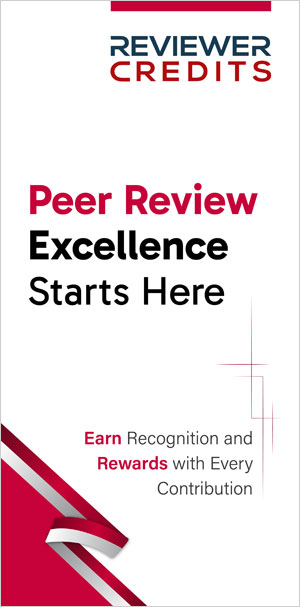Transformative Agreements: Are They the Solution to the Open Access Dilemma?

Open access was supposed to revolutionize scholarly publishing. Instead, we’re stuck somewhere in between: paywalls are still up, subscription fees are still soaring, and the dream of free knowledge for all remains just that, a dream.
Now, transformative agreements are being sold as the bridge to a better future. But are they a genuine fix? Or are they just repackaging the same old system under a shinier, more palatable name?
What Are Transformative Agreements?
Transformative agreements are contracts between research institutions (or consortia) and publishers that aim to shift payment models.Instead of paying separately for subscriptions and open-access publishing fees, institutions pay a bundled fee that covers reading and publishing.The two most common types are:
- Read and Publish Agreements: Institutions pay one fee that covers unlimited access to journals and allows their authors to publish open access without extra charges.
- Publish and Read Agreements: Focused more on publishing, these prioritize making the institution’s research output freely available.
The idea behind these agreements is pretty straightforward: if libraries and universities are already paying big money to access journals, why not roll publishing fees into that same deal and push more journals toward open access in the process?
Some of the biggest experiments with this model are happening through the DEAL Project in Germany and initiatives tied to cOAlition S and Plan S, both of which have sparked serious momentum and plenty of debate around what the future of scholarly publishing should look like.
What’s Working So Far?
On paper, transformative agreements offer real advantages:
- Increased Open Access Output:
In countries like Germany and Sweden, thousands of articles are now openly available that would have otherwise been locked behind paywalls.
For example, the DEAL agreement with Wiley led to over 13,000 German research articles being published OA in just the first two years. - Simplified Costs for Authors:
Researchers at participating institutions no longer have to navigate complex APCs (Article Processing Charges) or fund open-access publishing themselves. It’s all covered centrally. - Stronger Negotiating Power:
By banding together, consortia of institutions can negotiate better terms with big publishers like Springer Nature and Elsevier.
Where Transformative Agreements Fall Short
Despite the momentum, transformative agreements are not a magic bullet. Several challenges have emerged:
- Limited Global Equity:
Transformative deals primarily benefit institutions in wealthier countries. Institutions in the Global South often cannot afford to participate, reinforcing the North-South divide in academic publishing. - Cost Increases:
Some agreements have led to higher overall publishing costs for institutions, as bundled fees include both reading and open-access publishing, but without necessarily reducing subscription prices significantly. - Concentration of Power:
Big publishers are still the gatekeepers. Critics argue that transformative agreements entrench the dominance of a few major publishing houses instead of fostering a truly open and diverse publishing ecosystem. - Slow Full Transition:
Many journals under these deals still maintain hybrid models (some content open, some paywalled), delaying the true shift to 100% open access.
Can They Be Broader and More Inclusive?
For transformative agreements to be a real pathway to global open access, they will need to evolve. Some emerging strategies include:
- "Diamond" Open Access Initiatives:
Supporting journals that charge neither authors nor readers (funded by institutions, consortia, or governments) to counterbalance high-cost publisher deals (COAR on Diamond OA). - More Transparent Pricing:
Publishing fees should reflect actual service costs, not be tied to journal prestige or impact factor inflation. - Inclusive Negotiations:
Regional consortia and networks, particularly in Africa, Asia, and Latin America, are beginning to advocate for deals that account for local needs and budget realities. - Alternative Publishing Models:
Platforms like Open Library of Humanities show that sustainable, fee-free publishing is possible with collective funding and nonprofit governance.
Final Thoughts
Transformative agreements are an important step toward breaking down paywalls. They have opened tens of thousands of articles that might otherwise be hidden behind subscriptions. But they are not the final answer.Without careful adjustment toward transparency, inclusion, and true open models, they risk becoming another form of pay-to-play publishing, accessible mostly to researchers at the world’s wealthiest institutions.
In the long run, the real solution may not be bigger deals with traditional publishers, but a reimagining of who controls scholarly publishing and how knowledge is shared with the world.
What has been your experience with transformative agreements at your institution? Are they helping, or are they just shifting costs around?
Keywords
transformative agreements open access publishing DEAL project Plan S read and publish agreements publish and read agreements global research equity hybrid journals diamond open access scholarly communication reformDisclaimer
The views and opinions expressed in this article are those of the author(s) and do not necessarily reflect the official policy or position of their affiliated institutions, the Asian Council of Science Editors (ACSE), or the Editor’s Café editorial team.



